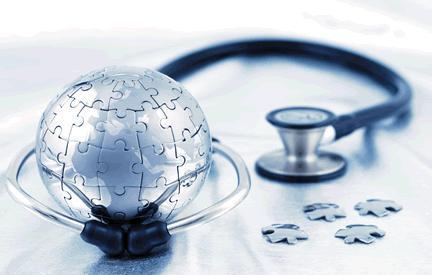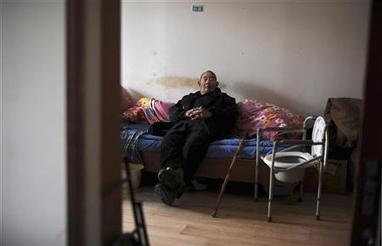LONDON (Reuters) - Up to 100,000 Britons suffering from cancer and rare diseases are to have their genetic codes fully sequenced and mapped as part of government efforts to boost drug development and improve...
Research and publish the best content.
Get Started for FREE
Sign up with Facebook Sign up with X
I don't have a Facebook or a X account
Already have an account: Login
Live longer in good health and you will have a chance to extend your healthy life even further
Curated by
Ray and Terry's
 Your new post is loading... Your new post is loading...
 Your new post is loading... Your new post is loading...
|
|



















